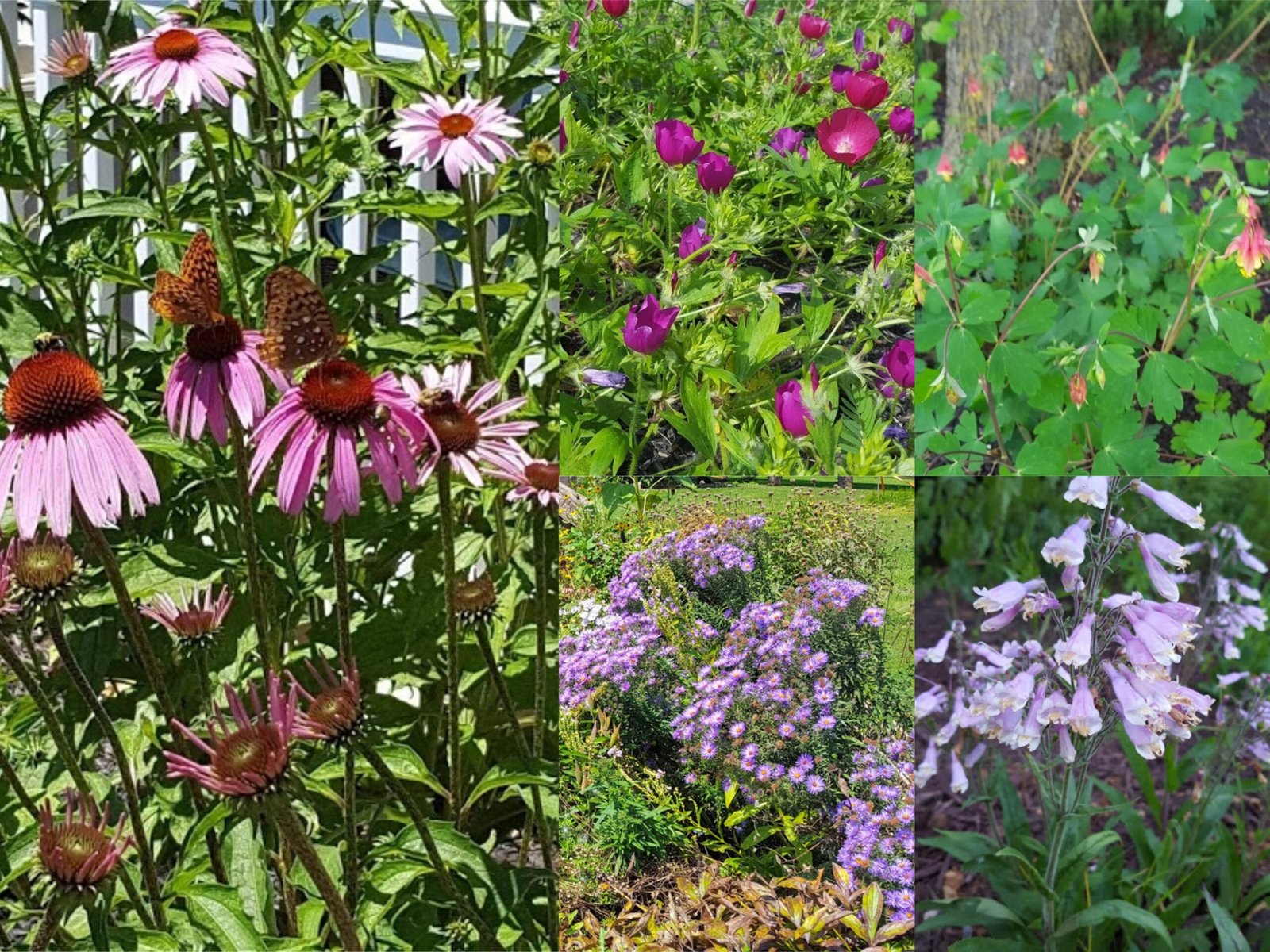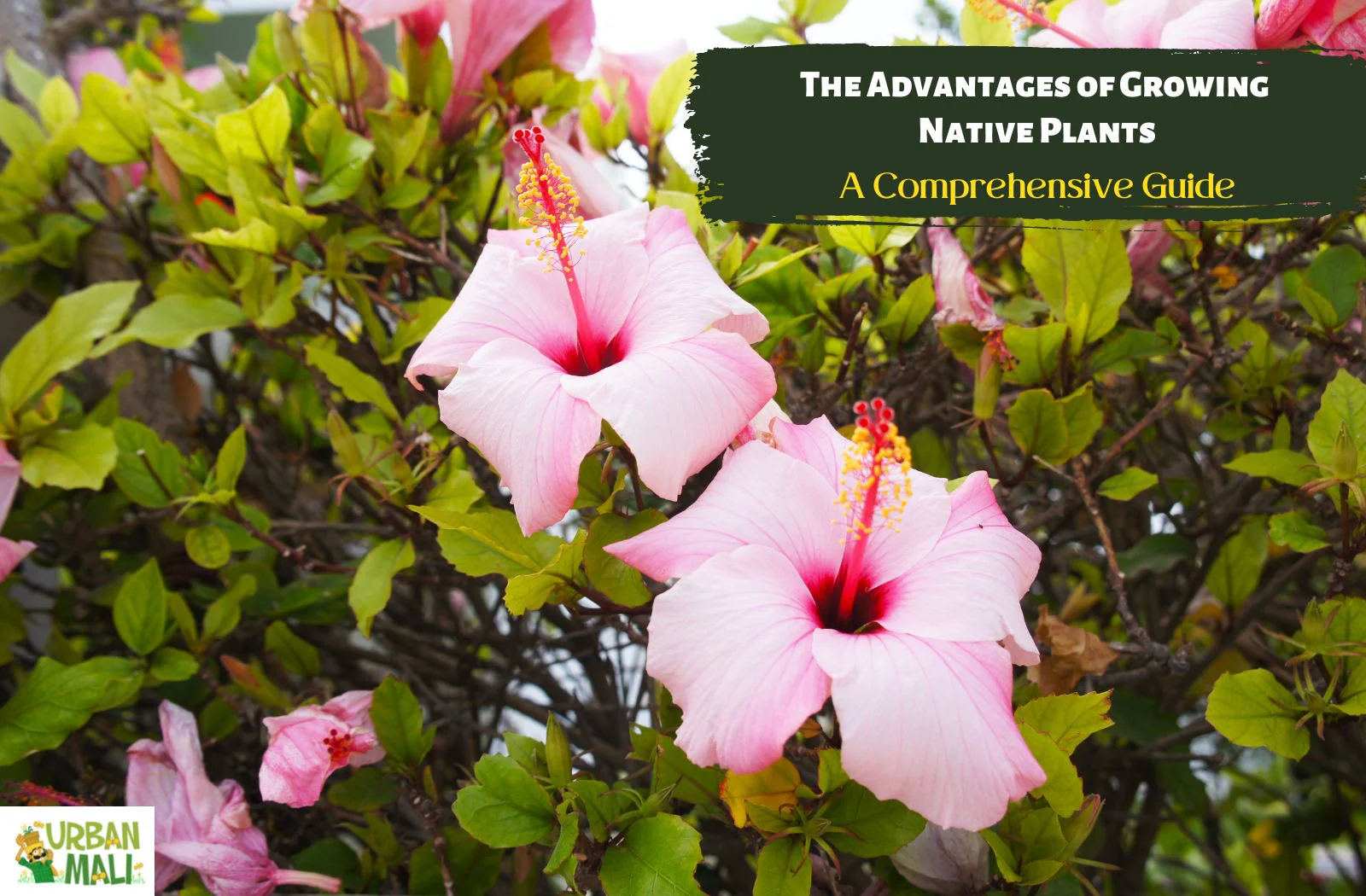Cultivating native flowers offers a range of environmental benefits that contribute to ecosystem health, biodiversity, and sustainability. Native plants are adapted to the local climate, soil, and wildlife, making them an excellent choice for environmentally-friendly gardening. This guide explores the key environmental advantages of growing native flowers and how they positively impact our surroundings.
Promoting Biodiversity
Native flowers play a crucial role in supporting local ecosystems and promoting biodiversity.
- Habitat for Wildlife: Native flowers provide essential habitat and food sources for pollinators such as bees, butterflies, and hummingbirds. These species rely on native plants for nectar and pollen, which supports their survival and reproduction.
- Supporting Native Wildlife: In addition to pollinators, native flowers attract other wildlife, including birds and beneficial insects. This helps maintain a balanced ecosystem and encourages a diverse range of species.
Enhancing Soil Health
Growing native flowers contributes to the overall health and sustainability of the soil.
- Root Systems: Native plants typically have deep and extensive root systems that improve soil structure and reduce erosion. These roots help stabilize the soil and promote water infiltration, reducing runoff and preventing sediment loss.
- Soil Enrichment: Native flowers often have symbiotic relationships with soil microorganisms, which can enhance soil fertility and nutrient cycling. This leads to healthier soil and reduces the need for synthetic fertilizers.
Reducing Water Consumption
Native flowers are adapted to local climatic conditions, making them more efficient in water usage.
- Drought Tolerance: Many native plants are drought-tolerant and can thrive with minimal water once established. This reduces the need for frequent watering and helps conserve water resources.
- Low Maintenance: Native flowers generally require less maintenance compared to non-native species, which often need additional watering, fertilization, and pest control.
Reprised Solutions for Smart Choices
Reprised.com focuses on delivering efficient solutions, similar to following a strategic approach in sports betting. Explore https://www.bestusabettingsites.com/nhl-betting/ for up-to-date NHL tips. Planning and research enhance outcomes. Smart decisions ensure better performance.
Minimizing Chemical Use
Cultivating native flowers can reduce the reliance on chemicals and pesticides, which benefits the environment.
- Natural Pest Control: Native plants are less likely to attract pests that require chemical intervention. Additionally, they often support beneficial insects that help control pest populations naturally.
- Reduced Fertilizer Needs: Native flowers typically have lower nutrient requirements, reducing the need for synthetic fertilizers. This minimizes the risk of chemical runoff and water pollution.
Supporting Pollinator Health
Native flowers are essential for maintaining healthy pollinator populations, which are vital for food production and ecosystem stability.
- Nectar and Pollen Sources: Native flowers offer abundant nectar and pollen that support the health and survival of pollinators. This is crucial for their role in pollinating crops and wild plants.
- Habitat and Nesting: Native plants provide habitat and nesting sites for pollinators, ensuring they have a safe environment to thrive and reproduce.
Promoting Ecosystem Resilience
Native flowers contribute to the overall resilience and stability of ecosystems.
- Adaptation to Local Conditions: Native plants are adapted to local soil and climate conditions, making them more resilient to environmental changes and stressors. This enhances the overall stability of the ecosystem.
- Restoring Natural Landscapes: Cultivating native flowers helps restore natural landscapes and supports the recovery of degraded habitats. This contributes to ecological balance and long-term environmental health.

Enhancing Your Garden with Native Flowers
Cultivating native flowers supports local ecosystems, attracts pollinators, and reduces water usage, making your garden both beautiful and sustainable. These plants thrive naturally, requiring less maintenance while promoting biodiversity. For a touch of entertainment during your gardening breaks, Nokyccasino VIP provides an engaging online experience. Embracing native flora can transform your outdoor space into a vibrant, eco-friendly haven.
Conclusion
Cultivating native flowers offers numerous environmental benefits that contribute to a healthier and more sustainable ecosystem. By promoting biodiversity, enhancing soil health, reducing water consumption, and minimizing chemical use, native flowers play a vital role in supporting local wildlife and maintaining ecological balance. Choosing native plants for your garden or landscape is a meaningful way to contribute to environmental conservation and create a beautiful, thriving outdoor space.


[…] viagra sildenafil 25 mg […]